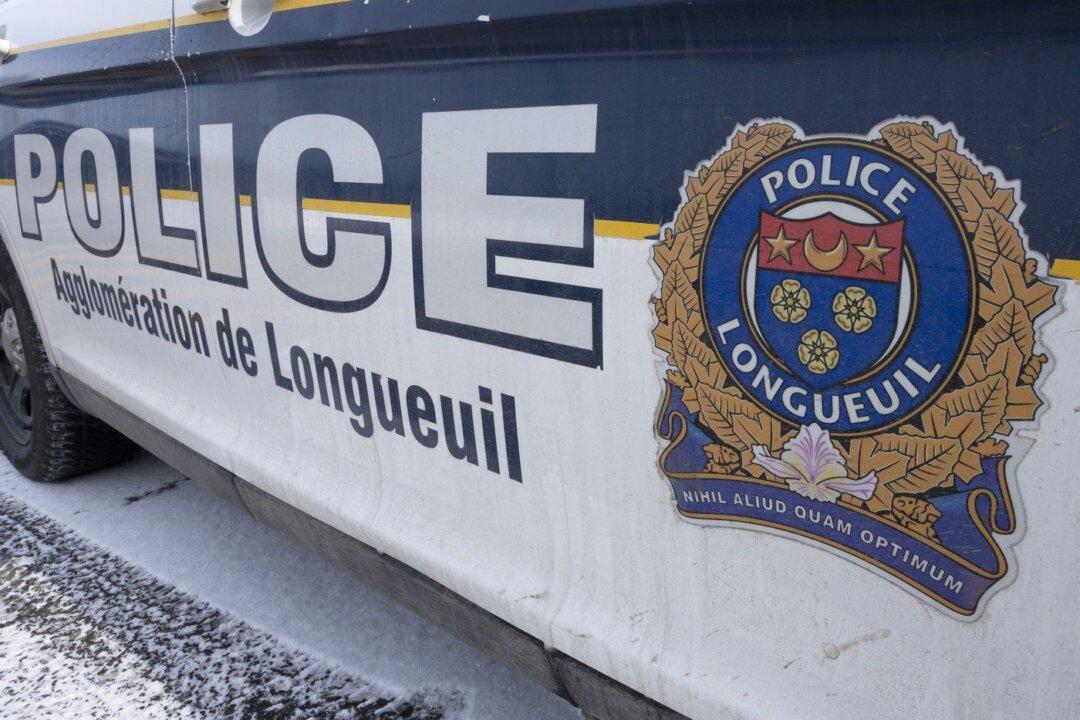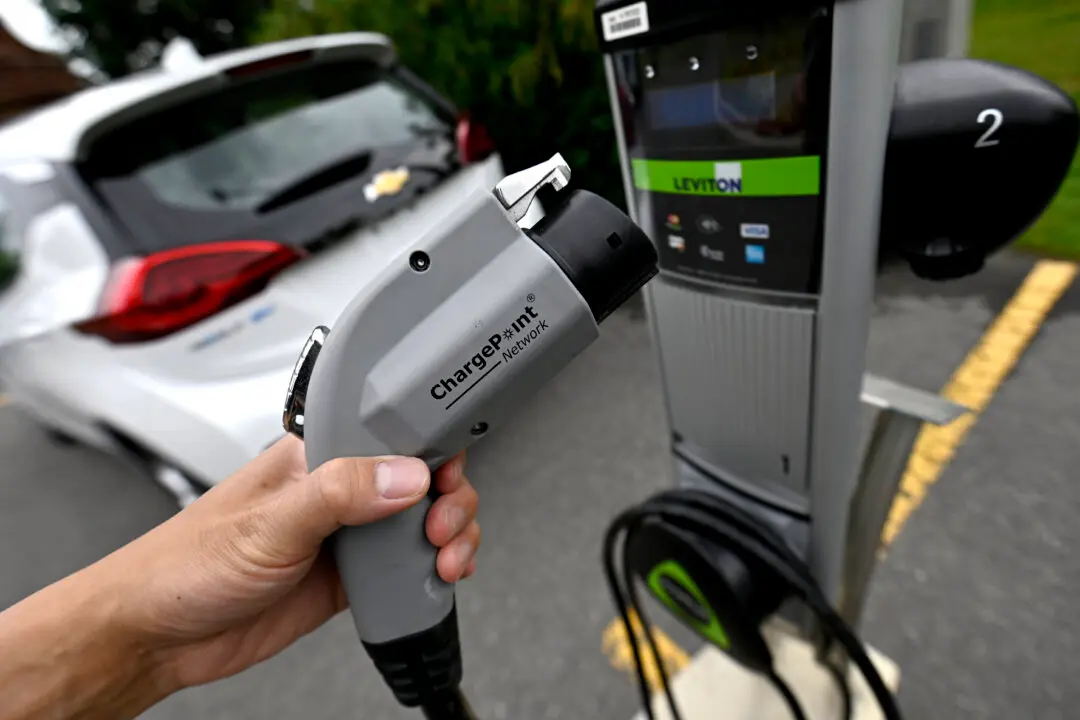The majority of police forces across Quebec are refusing to answer questions from investigators with the province’s independent police watchdog after a court affirmed the right of officers not to incriminate themselves.
The situation, first reported by The Globe and Mail, reflects an increasingly tense relationship between Quebec’s police forces and the body mandated to hold them accountable—and to help maintain the public’s trust in the institution of law enforcement.





